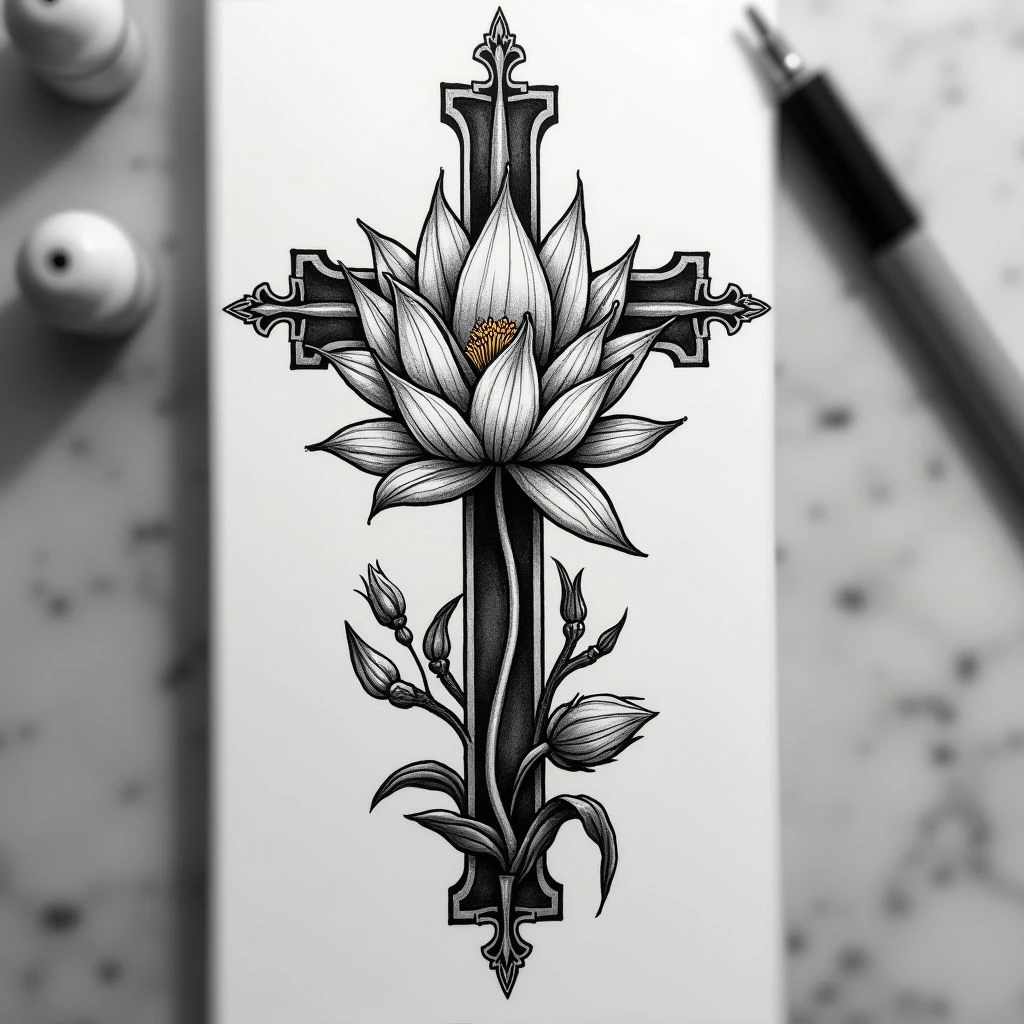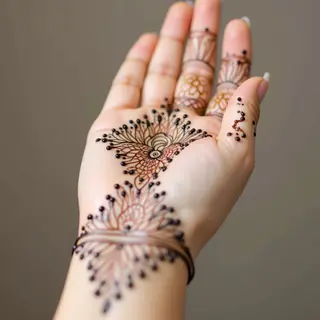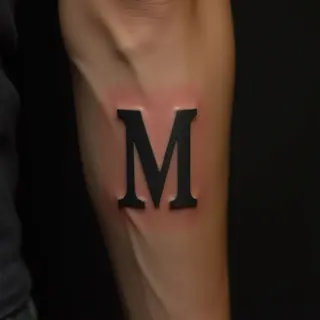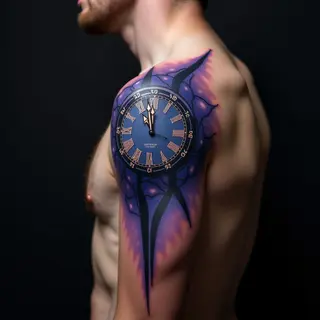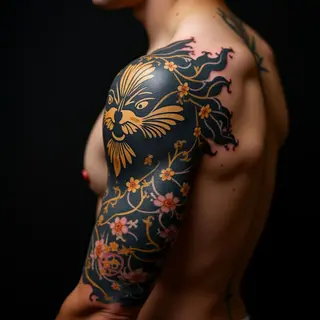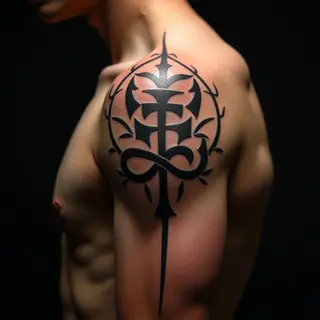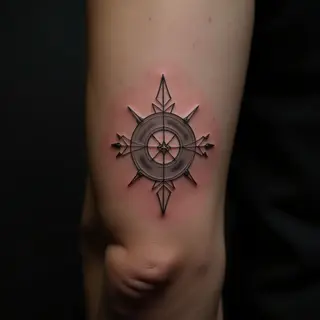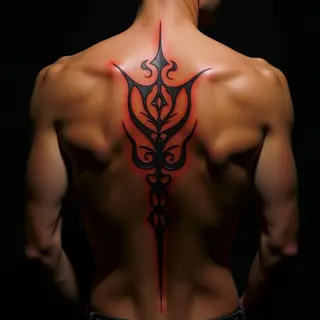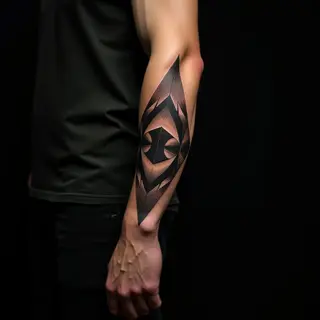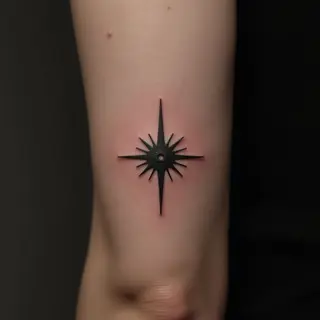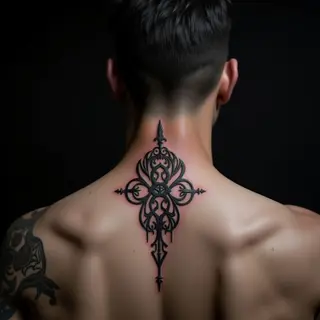Religious Tattoo Symbolism: A Guide to Faith and Meaning
Religious tattoos are deeply personal expressions of faith. Across cultures, specific symbols hold powerful meanings—a way for people to connect with their spirituality and share it.
Christian Tattoo Motifs
The cross is instantly recognizable, representing sacrifice, faith, and eternal life. You’ll also see the fish (Ichthys), an early Christian symbol used to identify followers. Angels often appear in these tattoos, symbolizing divine messengers and protection. Many incorporate verses from the Holy Bible—personal reminders of guidance.
Buddhist Tattoo Designs
The lotus flower is a central symbol in Buddhism, representing purity, enlightenment, and rebirth. The Om symbol embodies the essence of the universe and spiritual awakening. Images of Buddha depict the enlightened one and his teachings, while mandalas represent the cosmos and a person’s spiritual journey.
Islamic Tattoo Traditions
While traditional Islamic practice generally discourages representational imagery, calligraphy featuring verses from the Quran or names of Allah is common and deeply revered. Geometric patterns—arabesques—are also popular; they symbolize the intricate beauty of creation.
Exploring Other Faiths
Hinduism features symbols like Om (shared with Buddhism), as well as deities such as Ganesha and Lakshmi, alongside sacred geometric designs. In Judaism, the Star of David is a common symbol representing faith and heritage. Indigenous spiritual practices have their own unique symbolic language—it’s crucial to research these respectfully before getting inked.
Important Considerations
Choosing a religious tattoo is a significant decision. Approach it with reverence and understanding—thoroughly research the symbolism, and consider talking to someone knowledgeable about your chosen faith tradition.
